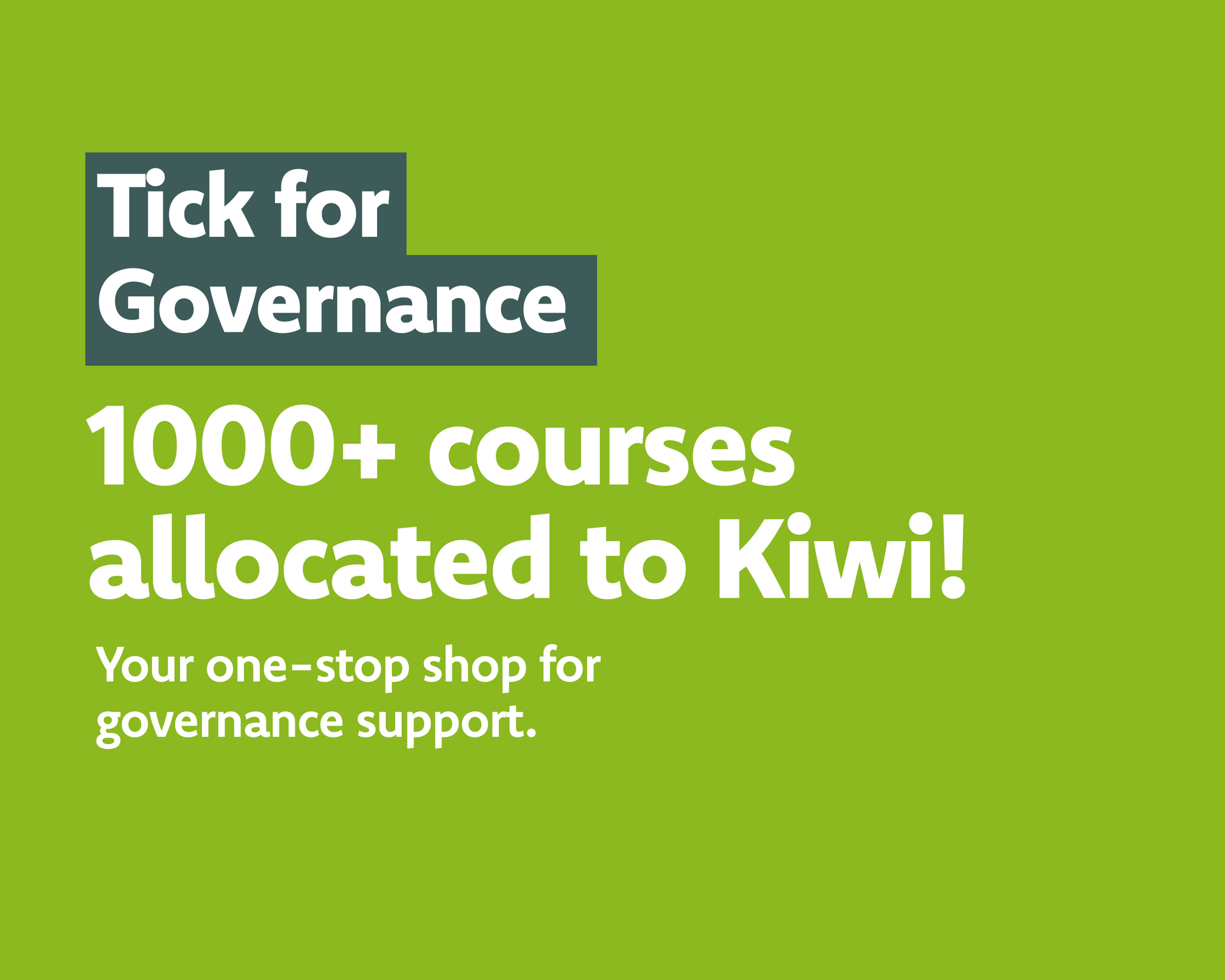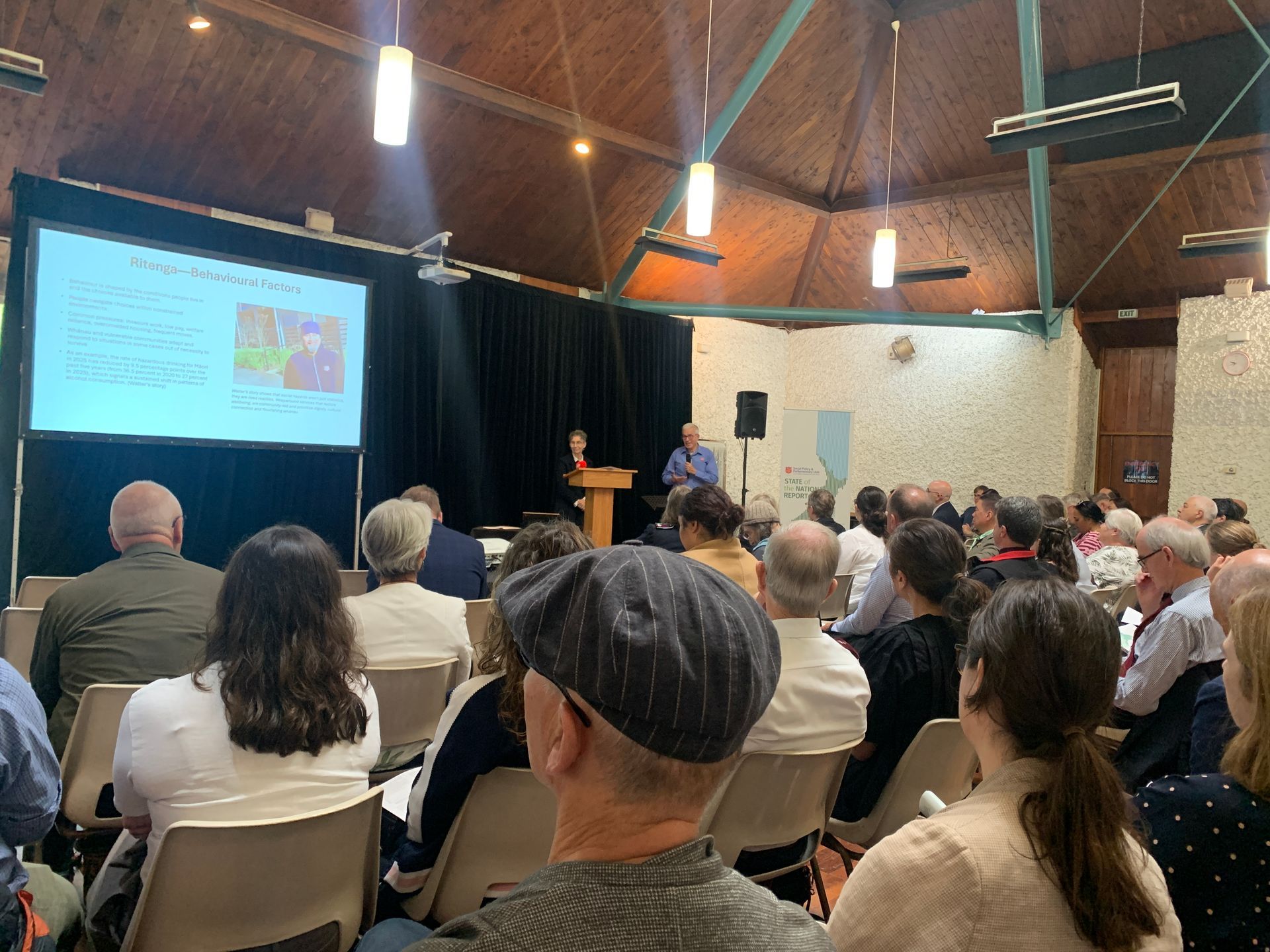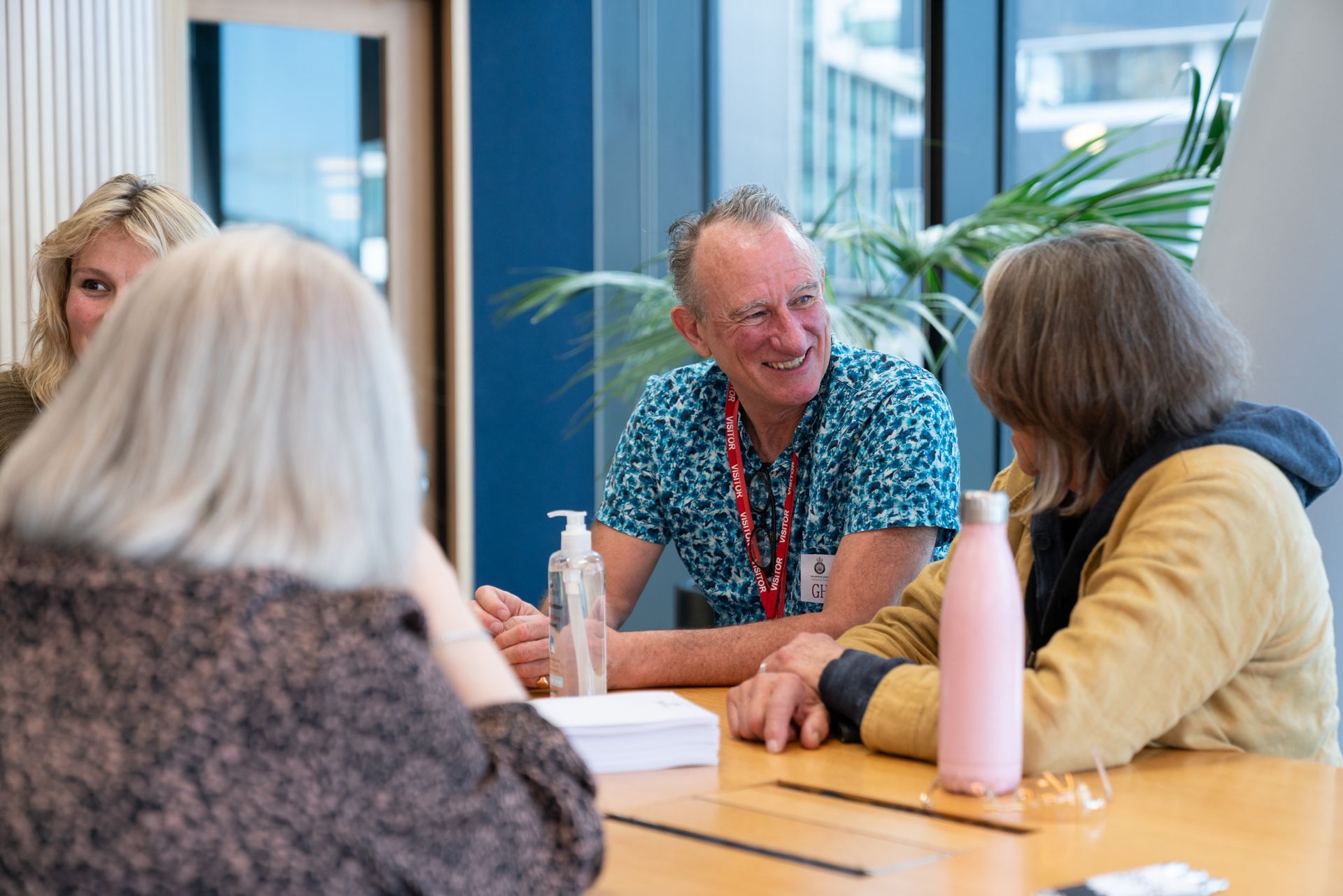The New Incorporated Societies Act
On 5th April 2022, the new Incorporated Societies Act was given the Royal Assent by Her Excellency The Rt Hon Governor-General Dame Cindy Kiro.
The law replaces the old Act from 1908, so what can community organisations expect from this once in 120 years law change?
The Incorporated Societies Act 2022 is fundamentally similar to its predecessor, the 1908 Act. However, there are some key changes that will affect community organisations and new provisions that fill gaps in the law. Many of the specifics of the new laws (including dates and deadlines) are unknown as they will be decided by regulations. CNA will keep this blog updated as more information is released.
When will the laws change?
Although the Bill has been given the royal assent - all provisions have not automatically become law. Most of the provisions of the Bill will come into force on a date yet to be elected by Order in Council, to allow time for regulations to be made. The parts of the Bill that replace the old 1908 Act will come into force by 5th April 2026.
What actions do community organisations need to take?
Every organisation must re-register under the new Act by 1 December 2025. Existing societies incorporated as boards under the Charitable Trusts Act 1957 can stay as they are or re-register as an incorporated society under the new Act.
In order to re-register, most organisations will have to amend their constitution to comply with the new laws, which require that constitutions include:
- the appointment of 1-3 person(s) who can be contacted by the Registrar of Incorporated Societies when necessary.
- more information about officers, including how they are appointed, how long for and when they can be removed
- more information about committee members, including the amount, what they can do, the quorum (minimum amount that must be present) and how meetings should be run.
- a dispute settlement procedure.
- how the constitution can be changed.
- The duty to act in good faith and in best interests of the society.
- The duty to exercise their powers for proper purpose.
- The duty to comply with the new Act and their society's constitution.
- The duty to exercise the care and diligence that a reasonable person with the same responsibilities would exercise in the same circumstances.
- The duty not to agree or allow the society to act in a way that creates a "substantial risk of serious loss to the society’s creditors".
- The duty not to agree to an obligation unless the officer believes "at that time on reasonable grounds that the society will be able to perform the obligation when it is required to do so".
- Making false or misleading statements.
- Fraudulently using or destroying a society's property.
- Falsifying register, records, or documents.
- Operating fraudulently or dishonestly incurring debt.
- Improper use of “Incorporated”, “Inc”, or “Manatōpū”.
- Acting in contravention of a banning order.
- Failing to comply with provisions of the Act (such as failing to call an AGM, register financial statements etc.)
Further reading and resources:
To find out more about these changes, please refer to the links below.
You can read the new Act in it's entirety on Parliament's website here.
Keep an eye on the Companies Office, they have published a summary of changes to the law and will be keeping it updated.
Duncan Cotterill Law has published some helpful articles on the new Incorporated Societies legislation that can be found here and here.
Follow CNA on Social Media, sign up to our Newsletter and keep an eye on our website - we will be publishing new information and updates about this topic as they come in.
Remember - this blog and all sources are providing general information and are not a substitute for proper legal advice regarding your specific situation. If you have questions or require further information, please get in touch with the team at CNA.
Share






